The Different Types Of Vegetarian Diets: An In-Depth Guide
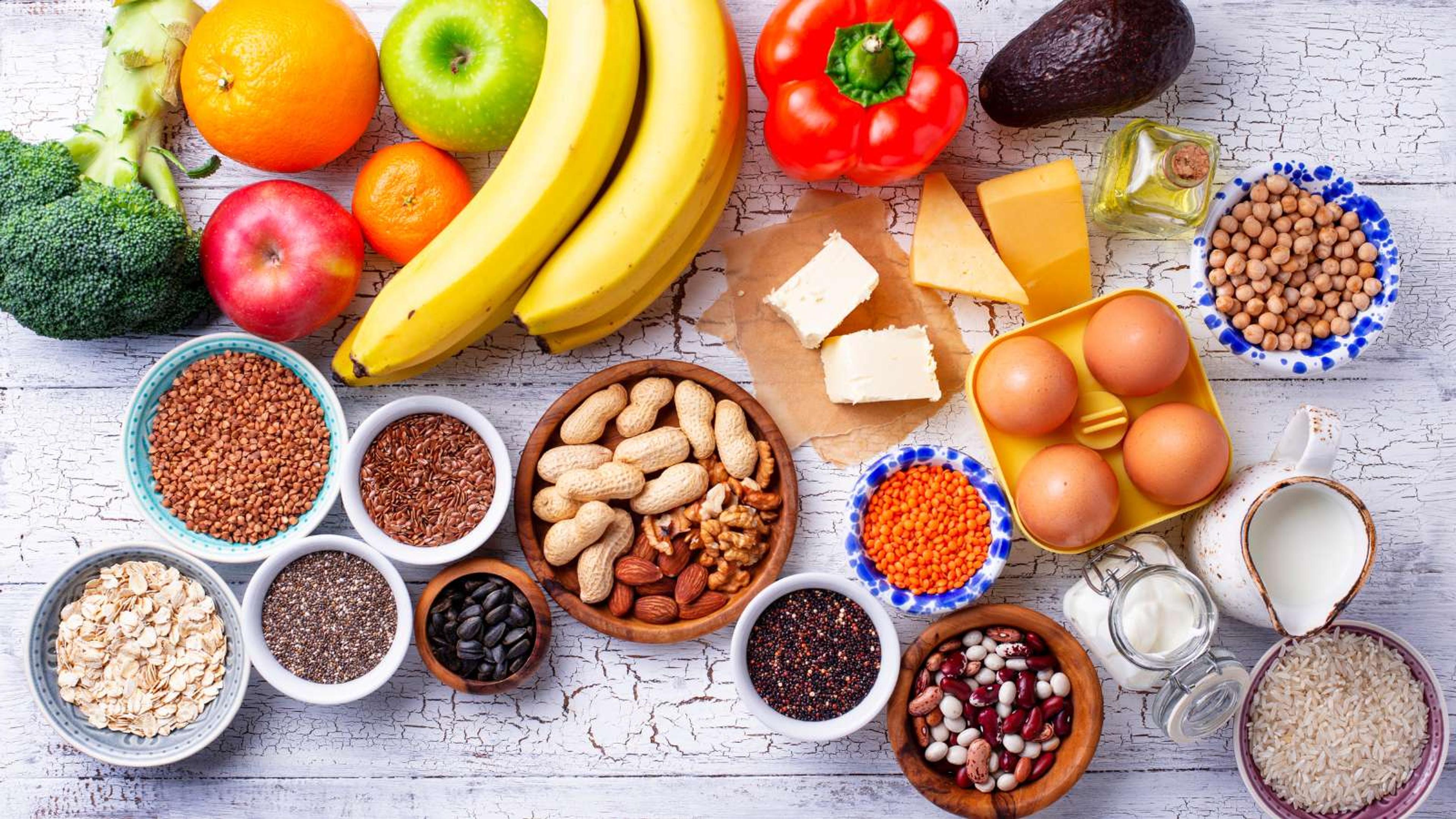
- Key Takeaways
- 7 Types of Vegetarian Diets + 2 Transitioning Diets
- Benefits and Drawbacks of Different Vegetarian Diets
- How to choose the Right Vegetarian Diet and Tips for Transition
- Conclusion
- FAQs
Are you struggling to understand the different types of vegetarian diets and which one might be right for you? Vegetarianism isn't as simple as just cutting out meat - there are many variations, each with its own unique set of guidelines.
This comprehensive guide will clear up any confusion by explaining all major types of vegetarian diets, highlighting their distinct rules, potential benefits and drawbacks. Let's delve into the exciting world of plant-based eating!
Key Takeaways
- There are several different types of vegetarian diets, including lacto-ovo vegetarian, lacto vegetarian, ovo vegetarian, vegan, raw food, macrobiotic, Jain, and pescatarian diets.
- Each type of vegetarian diet has its own set of guidelines and potential benefits and drawbacks. It's important to choose a diet that aligns with your health goals and lifestyle.
- Vegetarian diets can provide numerous health benefits such as reducing the risk of heart disease and certain types of cancer. However, it is crucial to plan them properly to ensure adequate nutrient intake. Consulting with a healthcare professional or registered dietitian is recommended when adopting a vegetarian diet.
7 Types of Vegetarian Diets + 2 Transitioning Diets
The types of vegetarian diets include lacto-ovo vegetarian, lacto vegetarian, ovo vegetarian, vegan, raw food, macrobiotic, Jain and pescatarian diets.
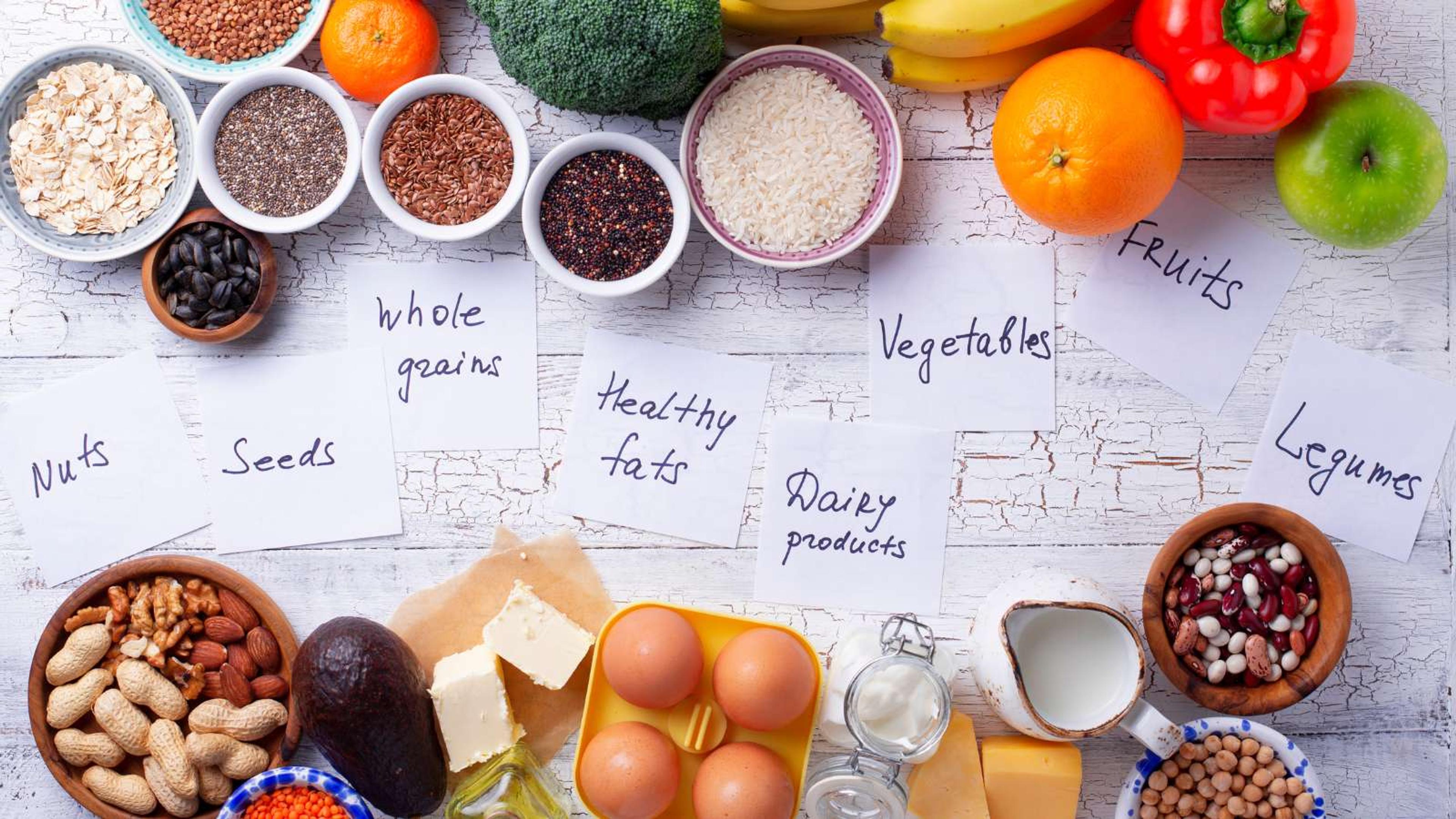
The Lacto-Ovo Vegetarian Diet, primarily adopted by a majority of vegetarians, offers comprehensive nutritional content without the inclusion of meat or seafood. It is a dietary approach that allows for consumption of both dairy products and eggs, making it more diversified compared to other types of vegetarian diets.
The health benefits associated with this diet are plentiful due to its plant-based nature which can provide essential nutrients such as iron, vitamin D, protein, and vitamin B12 through varied meal planning including breakfast options.
Despite excluding meat, poultry and fish from their meals, lacto-ovo vegetarians manage to maintain a balanced eating plan offering numerous health boosts related to heart disease prevention among others.
2. Lacto Vegetarian Diet
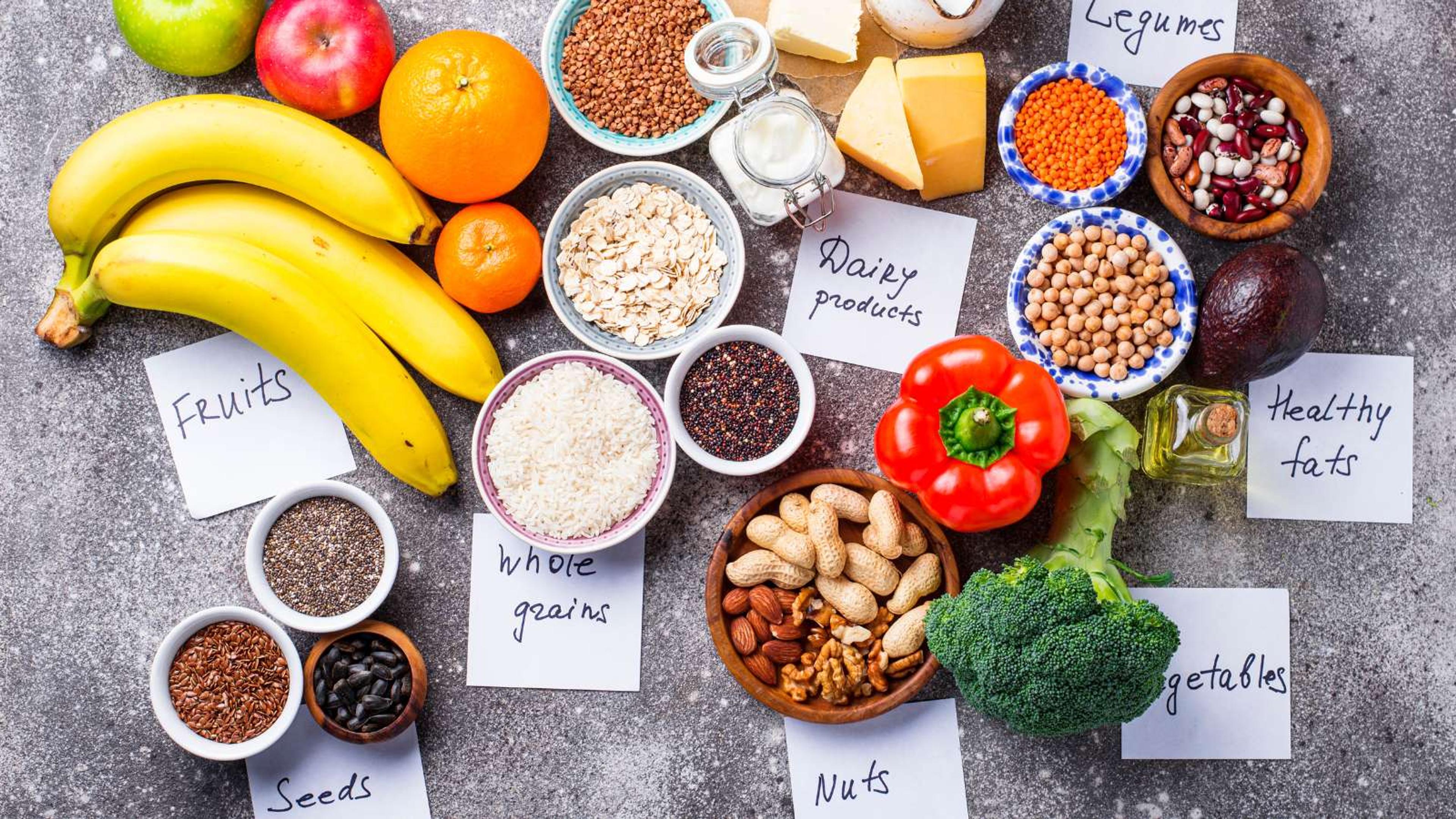
A lacto-vegetarian diet is a healthy form of vegetarianism that includes plant-based foods and dairy products, while excluding meat, poultry, seafood, and eggs. As one of the main types of vegetarian diets, it offers myriad health benefits with its high concentration on fruits, vegetables, legumes, whole grains such as beans and lentils - enriched sources of vital nutrients like iron.
For those adopting this dietary pattern due to ethical or health reasons can get their dose of protein through soy products such as tofu and tempeh. With a focus on dairy products including milk and yogurt which are fortified with vitamin D coupled with spinach or kale for calcium intake makes it an excellent choice for maintaining bone health.
Not just bones! It's also beneficial in preventing chronic diseases due to high fiber content aiding in regulating blood pressure thus curtailing hypertension risk factors related to heart disease or obesity.
And let’s not forget how important B12 is for our red blood cells; they get their share from nutritional yeast commonly used in lacto-vegetarian meals providing complete nutrition without compromising taste.
3. Ovo Vegetarian Diet
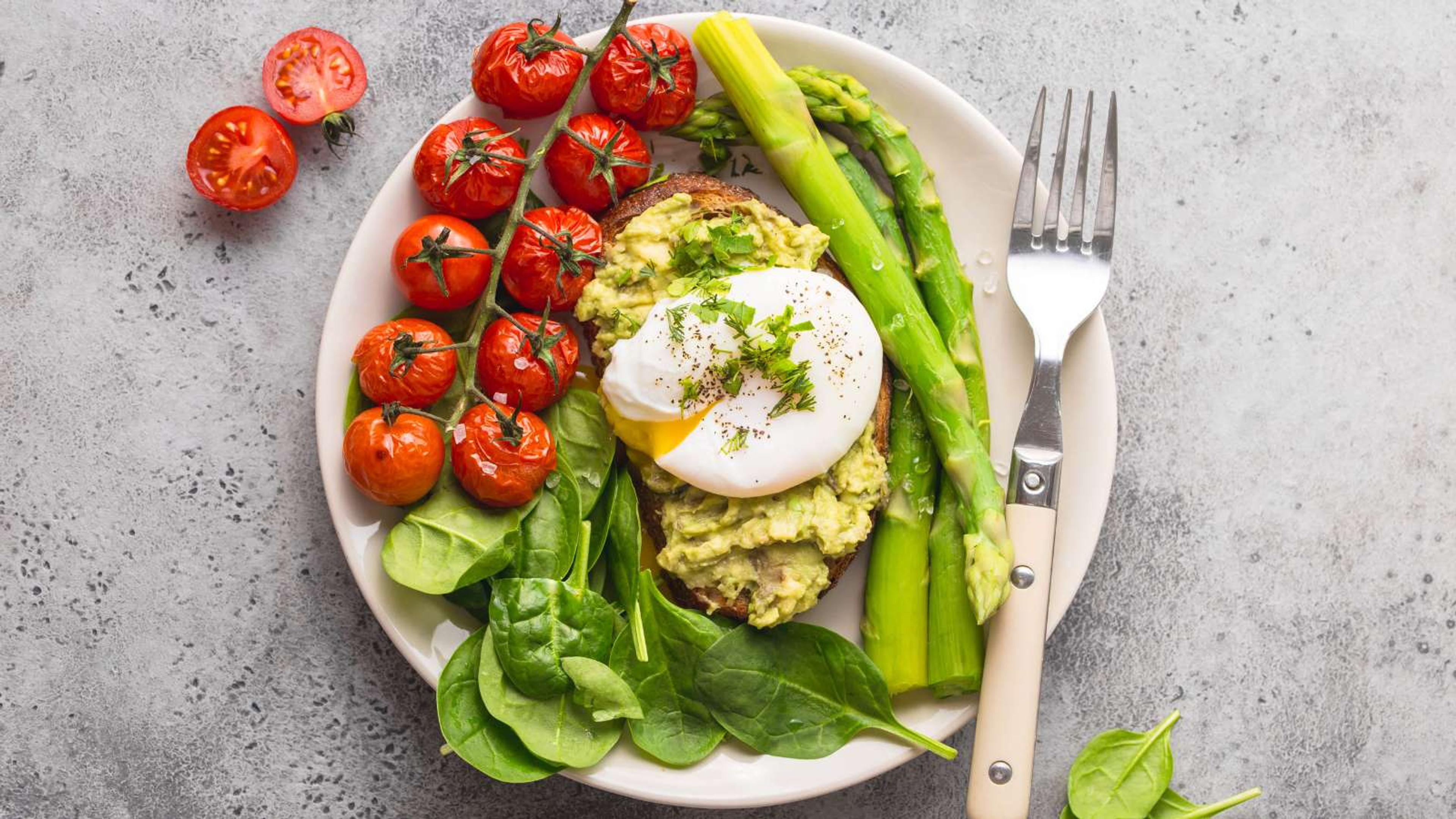
The Ovo Vegetarian Diet is one unique type of vegetarian diet that firmly excludes all animal-based foods, except eggs. Meat, poultry, fish, and dairy products are completely eliminated in this dietary pattern.
The primary sources of nutrition for ovo-vegetarians come from plant-based products coalesced with eggs and egg-based items.
This diet heavily leans towards consumption of legumes, spinach, whole grains such as fortified cereals along with essential nutrients derived from eggs. Despite the exclusion of seafood and dairy foods like yogurt or milk which are significant sources of omega-3 fatty acids and calcium respectively, an ovo-vegetarian can fulfil their nutritional requirements adequately through a balanced diet incorporating diverse plant-based foods supported by proper supplements if necessary.
4. Vegan Diet
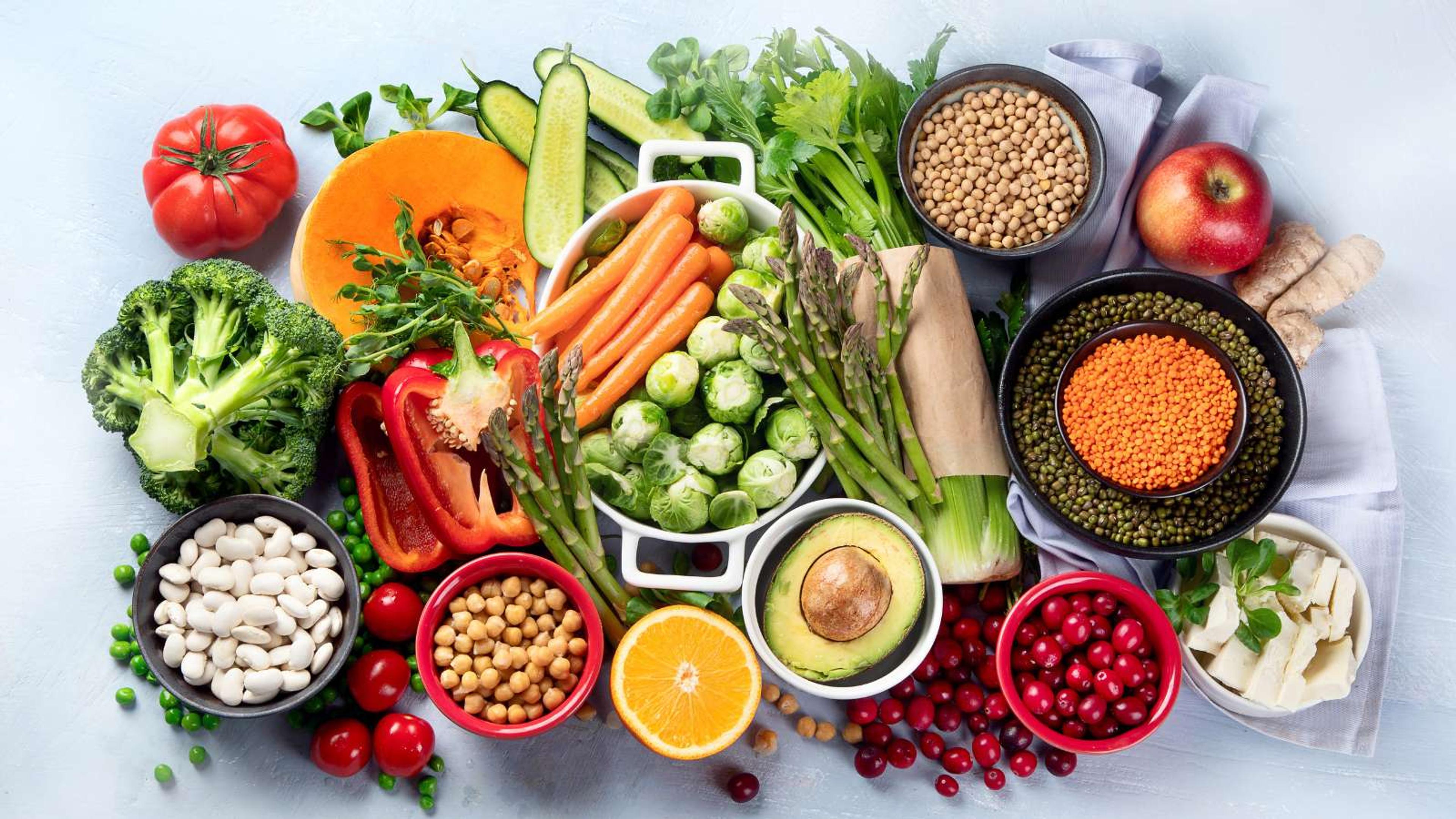
A vegan diet is a type of vegetarianism that excludes all animal products from the diet. This means avoiding not only meat and seafood, but also dairy, eggs, and other foods derived from animals.
Unlike some other types of vegetarian diets, vegans do not consume any animal products at all. However, with proper planning and attention to nutrient intake, a well-balanced vegan diet can provide all the necessary nutrients for optimal health.
It is important for vegans to ensure they are getting enough protein, iron, calcium, vitamin B12, and omega-3 fatty acids in their diet. Consulting with a healthcare professional or registered dietitian can help ensure that nutritional needs are met when transitioning to a vegan lifestyle.
5. Raw Food Diet
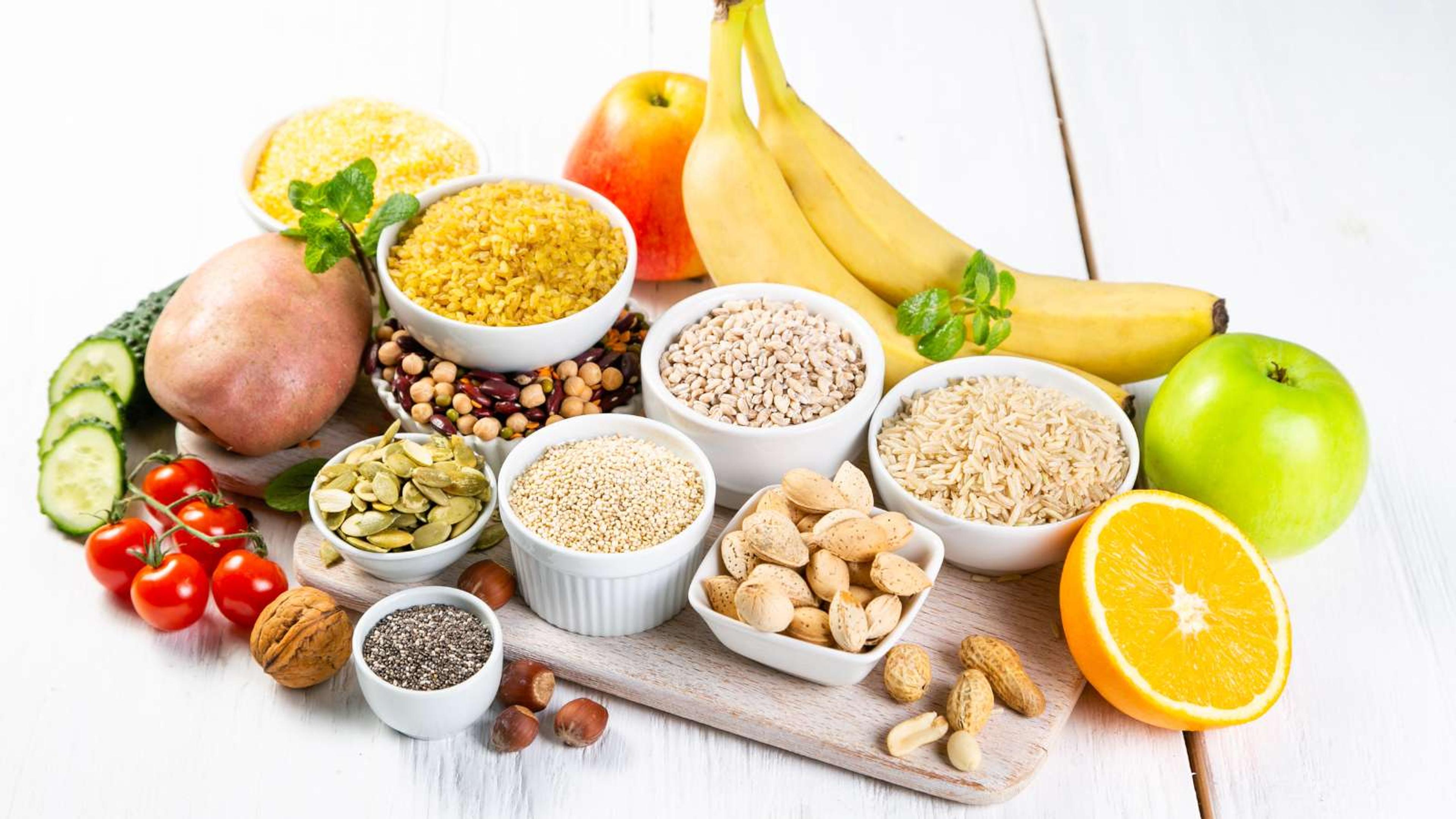
The raw food diet is a type of vegetarian diet that focuses on consuming uncooked and unprocessed plant-based foods. Followers of this diet, also known as raw foodists, avoid eating cooked or heated food as well as animal products.
Instead, they primarily consume raw fruits, vegetables, legumes, sprouts, and nuts. The raw vegan diet has gained popularity due to its potential health benefits such as weight loss, improved digestion, increased nutrient intake from fresh produce, and reduced risk of chronic diseases.
However, it is important to note that the raw food diet can also pose risks if not properly planned and balanced to ensure adequate nutrition.
6. Macrobiotic Diet

The macrobiotic diet is a plant-based eating plan that focuses on whole grains, vegetables, and organic, locally grown produce. It aims to avoid foods containing toxins and promotes chemical-free and organic choices.
This diet eliminates meat, fish, poultry, eggs, dairy products, and other animal-derived foods. The macrobiotic diet has gained popularity as a lifestyle rather than just a diet due to its emphasis on balancing yin and yang elements of food based on Zen Buddhism principles.
It is often recommended for heart disease patients due to its low animal fat content and is also followed by individuals managing type 2 diabetes or cancer. However, it's important to consider individual health needs before adopting this diet as it may have both pros and cons.
7. Jain Diet
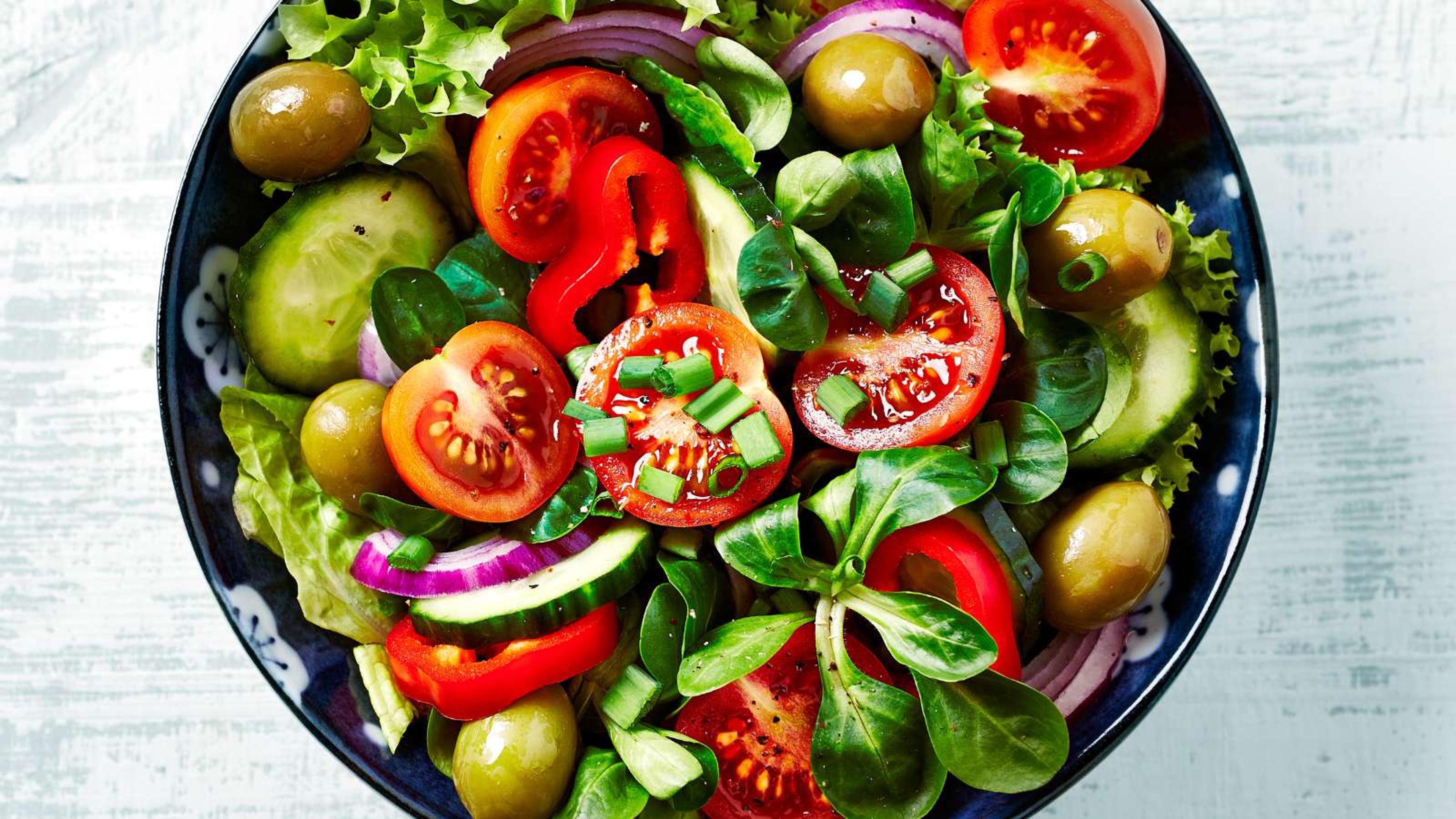
Jain Diet is a vegetarian diet followed by the Jain community in India. It is considered to be one of the most rigorous forms of spiritually motivated diets. Jains believe in the principle of ahimsa or non-violence, which guides their dietary choices.
This means that meat, fish, and eggs are strictly prohibited from their diet. Additionally, some Jains even exclude root vegetables, certain fruits, and animal ingredients from their meals.
The Jain vegetarian diet is rooted in compassion and respect for all living beings, making it a deeply meaningful aspect of their religious and ethical practices.
8. Pescatarian Diet (Not Vegetarian)
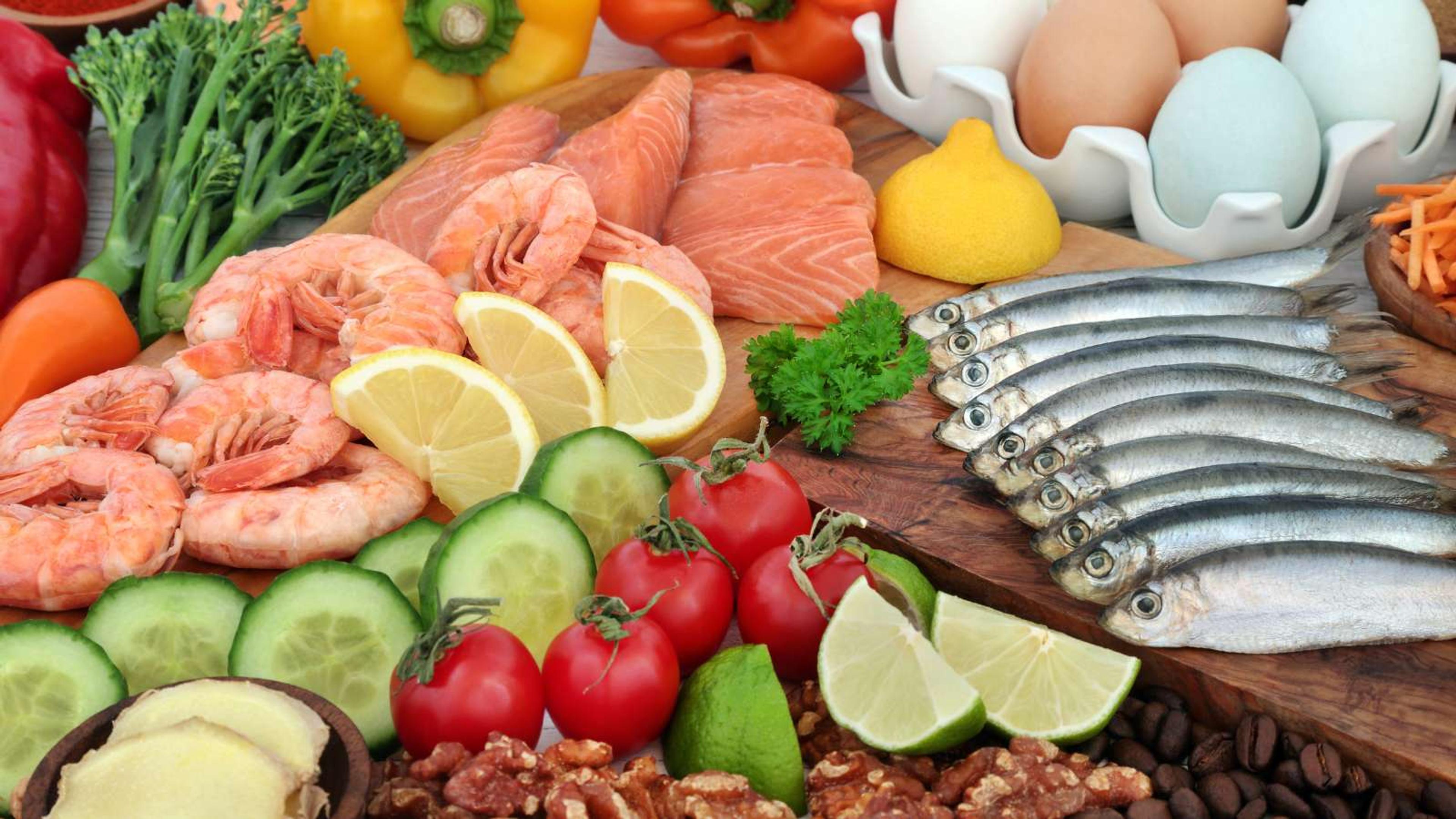
The pescatarian diet is a type of vegetarian diet that includes fish and seafood, making it distinct from other vegetarian diets. Pescatarians do not consume meat, poultry, dairy, or eggs but are allowed to eat beans, legumes, tofu, tempeh, vegetables, grains, fruits, and dairy products.
This diet is known for its focus on whole foods and the inclusion of fish allows for additional nutrients such as omega-3 fatty acids that are beneficial for heart health. However, pescatarians need to be mindful of potential deficiencies in certain nutrients like vitamin B12 which is found in animal products.
Overall though, the pescatarian diet offers the benefits of a plant-based diet while also including the nutrients found in fish and seafood.
9. Flexitarian Diet (Not Vegetarian)
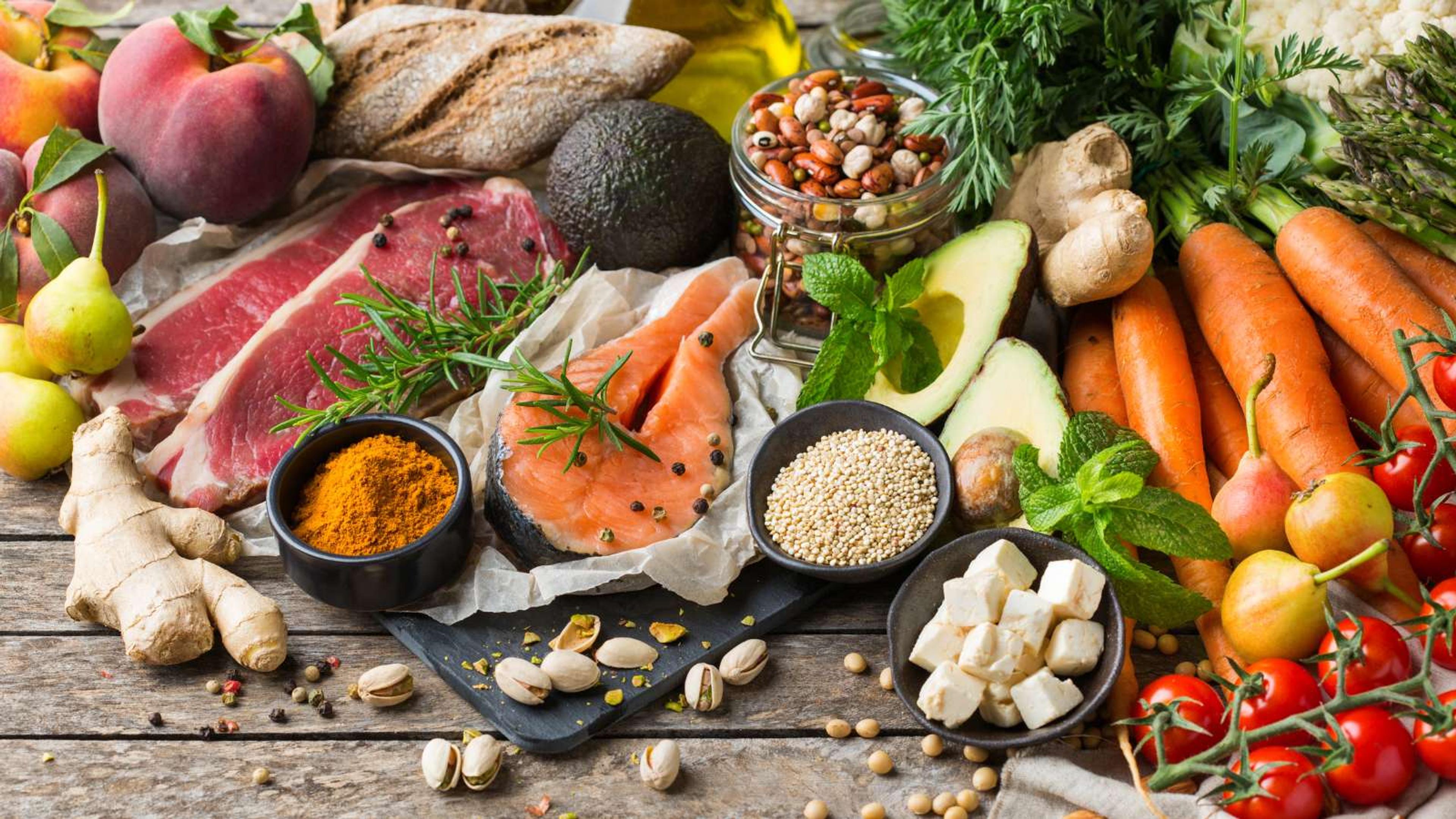
The Flexitarian Diet is a mostly vegetarian diet that includes some animal products, making it different from a strict vegetarian or vegan diet. It is often considered a flexible alternative for those who want to reduce their meat consumption but are not ready to fully commit to vegetarianism.
The focus of the Flexitarian Diet is on consuming plant-based foods such as fruits, vegetables, whole grains, and legumes. However, it also allows for small portions of meat and seafood occasionally.
Studies have shown that the Flexitarian Diet can help with weight loss and improve overall health by reducing levels of glucose and insulin compared to non-vegetarian diets. While it may not provide all the same benefits as a vegan diet, the Flexitarian Diet offers individuals the opportunity to enjoy both plant-based meals and occasional animal products in their eating plan.
Benefits and Drawbacks of Different Vegetarian Diets
There are numerous benefits to following a vegetarian diet, such as reducing the risk of heart disease and certain types of cancer, according to research. However, drawbacks can arise if the diet is not properly planned and lacks essential nutrients. Let's explore the benefits and drawbacks of different vegetarian diets:
- Lacto-Ovo Vegetarian
- + Includes both eggs and dairy, providing a good source of protein, vitamin B12, and calcium.
- - May lack sufficient iron and omega-3 fatty acids. Excludes meat and fish, thus limiting some nutrient sources.
- Lacto Vegetarian
- + Dairy products provide protein, calcium, and vitamin B12.
- - Excludes meat, fish, and eggs, thus requiring careful planning to meet iron and protein needs.
- Ovo Vegetarian
- + Eggs are a good source of protein and vitamin B12.
- - Excludes meat, fish, and dairy, making it more challenging to get adequate calcium and omega-3 fatty acids.
- Vegan
- + Excludes all animal products, potentially reducing the risk of heart disease and certain cancers. Highly beneficial for the environment.
- - Requires careful planning to avoid nutrient deficiencies, particularly vitamin B12, iron, calcium, and omega-3 fatty acids.
- Raw Food Diet
- + Emphasizes unprocessed, whole foods, which can lead to weight loss and improved digestion.
- - May lead to nutrient deficiencies if not well planned, with particular risk for deficiencies in protein, iron, and calcium.
- Macrobiotic Diet
- + Primarily plant-based and may reduce risk of heart disease. Emphasizes balance and mindfulness in eating.
- - Includes some fish, making it not strictly vegetarian. Requires careful planning to ensure nutrient intake.
- Jain Diet
- + Highly ethical as it excludes all animal products and even certain plant foods to minimize harm to living things.
- - Extremely restrictive and requires careful planning to prevent nutrient deficiencies.
How to choose the Right Vegetarian Diet and Tips for Transition
- Research and familiarize yourself with the various types of vegetarian diets to determine which one aligns with your health goals, ethical beliefs, and lifestyle.
- Consider consulting with a healthcare professional or registered dietitian who specializes in vegetarian nutrition to ensure you choose a diet that meets all of your nutritional needs.
- Gradually transition into a vegetarian diet by gradually reducing your consumption of animal products and incorporating more plant-based foods into your meals.
- Experiment with different recipes and ingredients to discover new flavors and textures that you enjoy.
- Make sure to include a variety of fruits, vegetables, whole grains, legumes, nuts, and seeds in your diet to ensure you are getting all the necessary nutrients.
- Be open to trying new foods and exploring different cuisines that emphasize plant - based ingredients.
- Stay informed about proper nutrient supplementation, such as vitamin B12 for vegan diets, to ensure you maintain optimal health.
- Seek support from online communities, vegetarian cookbooks, or local vegetarian organizations for guidance and encouragement during your transition.
Conclusion
In conclusion, understanding the various types of vegetarian diets is essential for those looking to adopt a plant-based lifestyle. Whether you choose to be vegan, lacto-vegetarian, or any other type of vegetarian, it is important to ensure that your diet meets all your nutritional needs.
By making informed choices and seeking guidance from professionals such as dietitians or nutritionists, anyone can successfully transition to a vegetarian diet and enjoy its numerous health benefits.
FAQs
1. What is a vegetarian diet?
A vegetarian diet is a dietary practice that excludes the consumption of meat, poultry, and seafood. It primarily focuses on plant-based foods such as fruits, vegetables, grains, legumes, nuts, and seeds.
2. What are the different types of vegetarian diets?
The different types of vegetarian diets include lacto-vegetarian (includes dairy products but excludes eggs), ovo-vegetarian (includes eggs but excludes dairy products), lacto-ovo vegetarian (includes both dairy products and eggs), pescatarian (includes fish in addition to plant-based foods), and vegan (excludes all animal-derived products).
3. Are there any health benefits to following a vegetarian diet?
Yes, research has shown that following a well-planned vegetarian diet can have various health benefits. It may lower the risk of chronic diseases such as heart disease, high blood pressure, type 2 diabetes, obesity, and certain cancers. Additionally, it can provide sufficient nutrients like fiber, vitamins C and E,Magnesium,Folate,Potassuim etc.
4. How can I ensure I get enough nutrients on a vegetarian diet?
To ensure you get enough nutrients on a vegetarian diet,it's important to eat a variety of plant-based foods including fruits,vetables whole grains ,legumes,nuts & seeds.Consuming fortified food or supplements for specific nutrients like vitamin B12,Calcium,Iron,Omega- 3 fatty acids,Zinc etc.,and planning your meals with balanced macronutrients will help meet your nutritional needs

